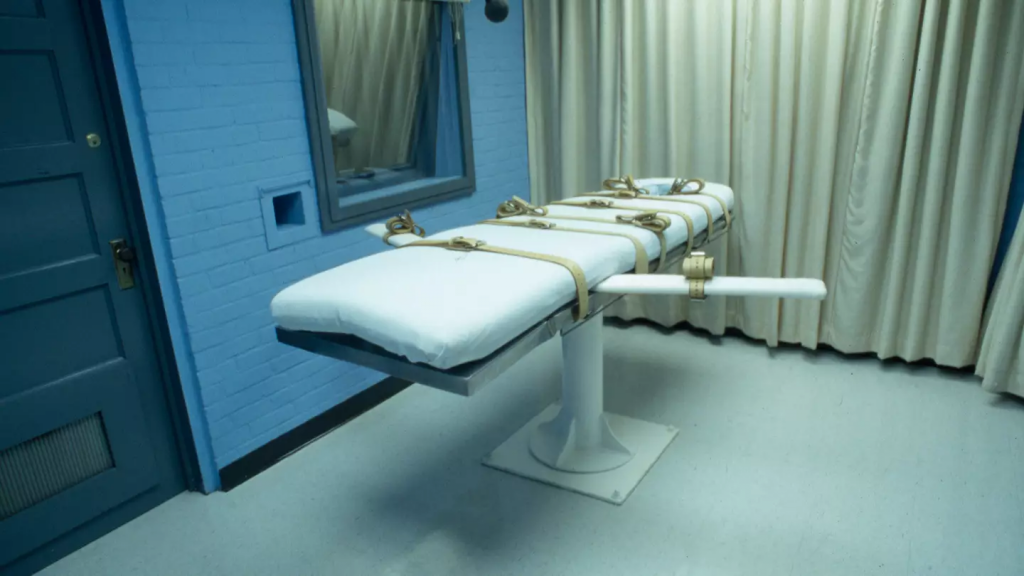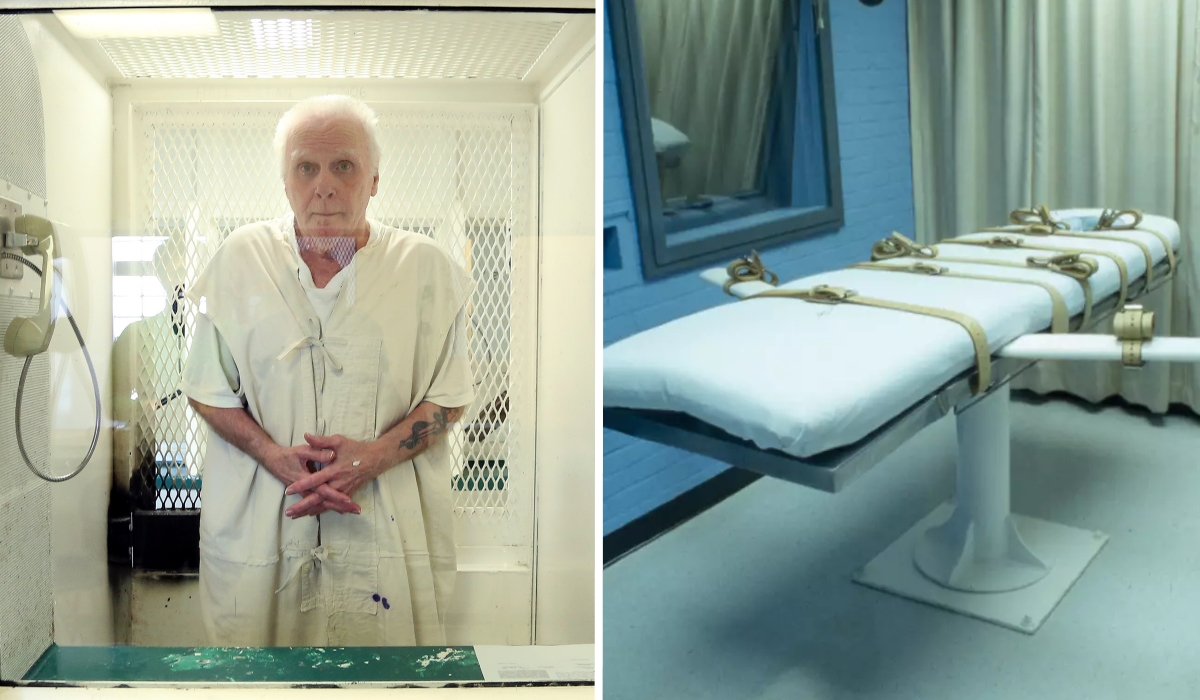Across the globe, the debate over capital punishment continues to spark passionate responses. While some believe it’s a necessary consequence for the gravest of crimes, human rights experts argue it has no place in any just or humane society.
At the heart of their argument lies a fundamental belief in the sanctity of human life. The death penalty, once carried out, is final. There is no room for correction, no way to take back a wrongful execution. That irreversible nature casts a long shadow over any justice system, especially when mistakes can and do happen.
Wrongful convictions are not rare, and the consequences are deadly when capital punishment is involved. Numerous cases have revealed how innocent people ended up on death row, sometimes for decades, only to be cleared by new evidence. These stories highlight the terrifying reality that justice can fail—and when it does under a death sentence, the outcome is tragic and permanent.

Beyond the risk of executing the innocent, experts point out that the death penalty fails as a deterrent. There’s no solid evidence proving that countries with capital punishment see fewer serious crimes. In fact, many nations without it maintain lower rates of violence and murder. Fear of death simply doesn’t guide human behavior in the way many assume.
Another major issue lies in how the death penalty is applied. Across various regions, clear patterns of discrimination exist. Race, income level, and the quality of legal defense all play roles in determining who faces execution. Those who cannot afford strong representation are often the most vulnerable, and racial disparities in sentencing continue to persist.
These inequities extend to the victims as well. Statistics have shown that crimes involving white victims are far more likely to result in a death sentence than those involving victims of color. This points to an underlying bias embedded deep within the system, raising serious ethical concerns.
Globally, the tide is shifting. More and more countries are choosing to leave the death penalty behind, recognizing its incompatibility with human rights principles. These nations are moving toward justice systems that value rehabilitation over retribution, and compassion over cruelty.
Supporters of abolition also emphasize the emotional toll the death penalty takes on everyone involved. Families of the accused endure years, sometimes decades, of uncertainty and fear. Even families of victims have spoken out, saying that capital punishment does not bring the closure they hoped for.

Execution itself is not a sterile, humane process either. Despite attempts to mask it with legal procedure and quiet chambers, the act remains one of intentional, state-sanctioned death. Whether by lethal injection or other means, it reduces justice to a cold and calculated termination of life.
Some argue that the death penalty provides justice, but experts push back, stating that true justice should not mirror the violence it condemns. Punishment must be fair, measured, and consistent. Ending a life does not right a wrong—it only adds another loss to an already tragic story.
Moreover, the resources devoted to capital cases are immense. Trials involving the death penalty are often far more expensive than life imprisonment due to appeals, expert testimony, and extended legal processes. These resources could be redirected toward crime prevention, victim support, and community rehabilitation.
The movement to abolish capital punishment is not based solely on idealism—it’s rooted in a detailed understanding of the flaws and dangers of the system. Human rights advocates see a world where dignity, fairness, and truth matter more than revenge.
Their stance is not merely philosophical. It’s shaped by years of study, real-life consequences, and stories that cannot be ignored. From wrongly accused inmates to grieving families who find no peace in executions, the evidence paints a sobering picture.
A just society should strive to correct its mistakes, not enshrine them in law. It should protect its citizens, including those who stand accused, by ensuring fair treatment at every level. The death penalty, by its very design, stands in stark opposition to these goals.
In the end, the call to abolish capital punishment is a call to protect life—even in the face of crime. It is a call to build systems that heal, that rehabilitate, and that uphold the values we claim to cherish most. For human rights experts, the message is clear: the death penalty must end—not just for the sake of the accused, but for the soul of society itself.
